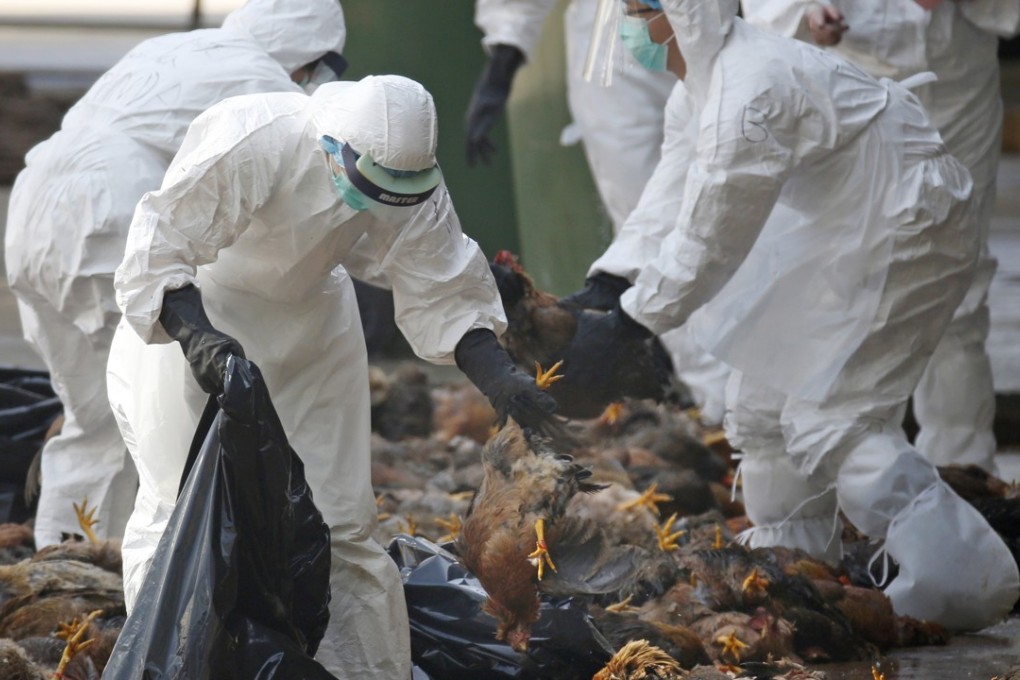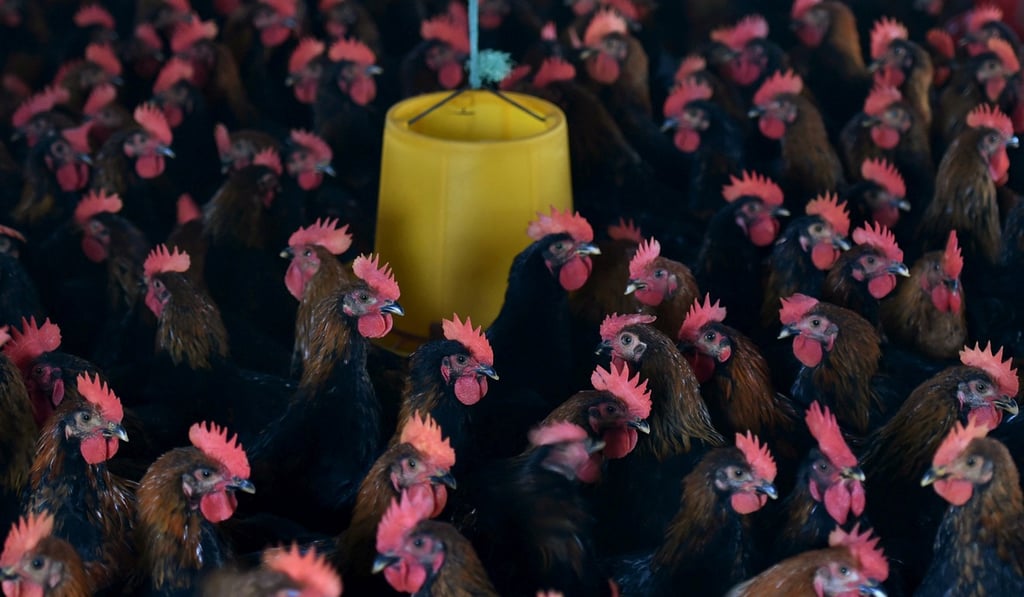New strain of bird flu virus from China could cause global pandemic, say scientists

Lab experiments on a new strain of the H7N9 bird flu circulating in China suggest the virus can transmit easily among animals and can cause lethal disease, raising alarms the virus has the potential for triggering a global human pandemic, researchers reported on Thursday.
The H7N9 virus has been circulating in China since 2013, causing severe disease in people exposed to infected poultry. Last year, however, human cases spiked, and the virus split into two distinct strains that are so different they no longer succumb to existing vaccines.

One of these has also become highly pathogenic, meaning it has gained the ability to kill infected birds, posing a threat to agriculture markets.
US and Japanese researchers studied a sample of this new highly pathogenic strain to see how well it spread among mammals, including ferrets, which are considered the best animal model for testing the transmissibility of influenza in humans.

In the study published in Cell Host&Microbe, flu expert Yoshihiro Kawaoka of the University of Wisconsin and colleagues tested a version of the new H7N9 strain taken from a person who died from their infection last spring.
